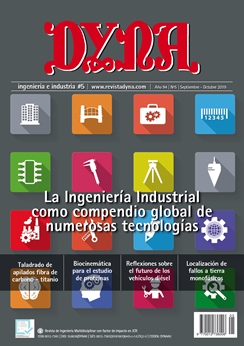INTER-ORGANIZATIONAL MENTORING: KEY CHARACTERISTICS OF THE MENTOR-MENTEE RELATIONSHIP
Keywords:
mentoring alternativo, mentoring formal, mentoring inter-organizacional, relación de mentoring, desarrollo de carrera, desarrollo directivoAbstract
Inter-organizational mentoring, in which mentoring and mentoring belong to different organizations, is a management development practice that is increasingly being implemented by professional associations and regional clusters. It is an instrument that can contribute to the improvement of the competitiveness of associated companies and their professionals, facilitating the identification and transmission of knowledge of the sector. In order to facilitate the effective implementation of this practice, it is necessary to identify the key aspects of the relationship between mentor and mentor, on which the success of an inter-organisational mentoring programme is based. To this end, after an exhaustive bibliographical analysis, a Delphi study has been carried out to assess the relevance of these key characteristics of the mentoring relationship. The results show that respect, honesty, confidentiality and trust are the most relevant characteristics in the mentor-mentored relationship. This exploratory article also identifies the differences in valuation between groups that have participated in inter-organizational vs. traditional mentoring experiences. The results provided are relevant for inter-organizational mentoring program coordinators, mentors and mentored, in order to know and control the keys to the success of a mentor-mentored relationship in an inter-organizational mentoring program. KEY WORDS: alternative mentoring, formal mentoring, inter-organizational mentoring, mentoring relationship, career development, management development.Downloads
Published
2019-09-01
Issue
Section
ARTICULOS

